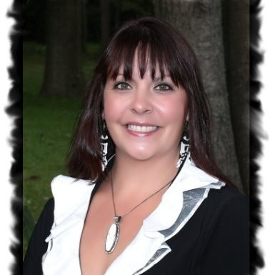by Nikki Seneca – https://www.linkedin.com/in/nikki-seneca-a796824b/
I started the Science of Positivity course unsure what I would get out of it and how it would help me with my coaching skills. As I completed the course, I am so thankful that I took the opportunity to learn about the Science of Positivity. I learned that we can change our brain to have more positive thoughts than negative if we are willing to do the work. During this six-week course, I focused on challenging myself to engage in thoughts that are more positive so that I can use my own self-awareness to help others. Being in a positive mindset does not necessarily mean you are always happy – it means that you want to make the effort to focus on more good than bad.
We learned the definition of positivity is “the state or character of being positive” (Dictionary.com) it is also defined as “staying positive even when you find really good reasons to be negative” (Urban dictionary). What we learned is that if you can think more positive thoughts than negative, we have a better chance of refocusing our minds to think in a positive mindset.
Using the science of positivity is a choice, committing to create a habit of using positive words and thoughts is the most important aspect of being successful in embracing positive thoughts. “We can choose positivity as an intrinsic skill.” It is easier to let our minds be negative especially today with all that is going on in the world so we have to train our brain to look for positive aspects, which will become positive thoughts and actions.
We learned that we are at our best when we are positive which is going to help the clients we work with. Modeling positive language regularly when working with clients will encourage their use of positive language as well. As a coach, I will focus on asking probing questions using positive language encouraging my clients to respond with positive language as well.
With the clients I coach specifically, they often find themselves stuck in ruts or negative patterns. Unhappy in their jobs, not satisfied with development or feeling development is lacking and only focusing on all of the negative aspects of their work. I will use what I have learned to refocus and ask them more probing positive questions.
Some of the exercises we learned in this course will be helpful as I work through situations with different clients. The uncertainty of the world has many people questioning if they are in a job that they truly feel fulfilled in and I believe I am better equipped after taking this course to help them ask and answer questions in a more thought-provoking way.



